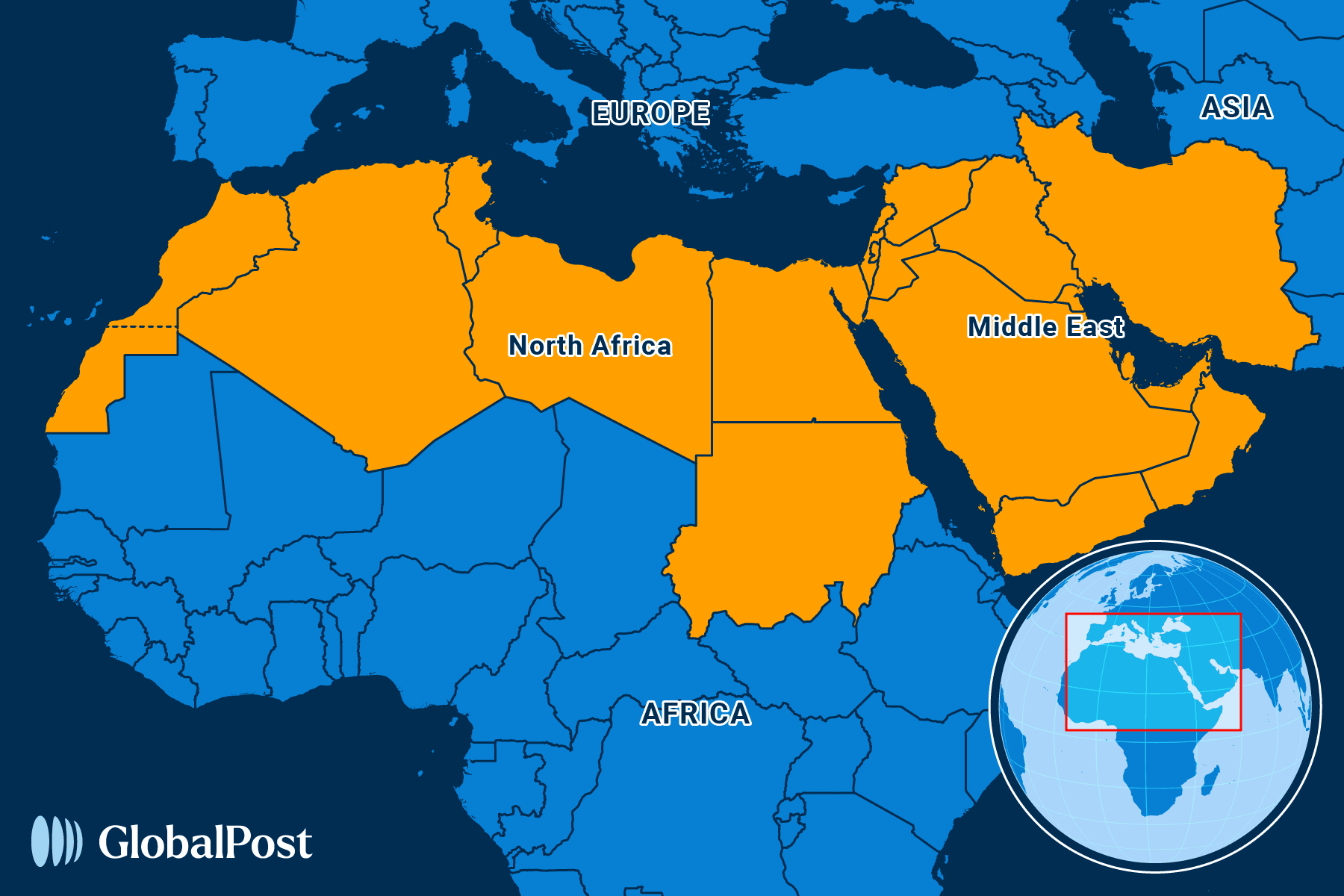Chasing the Winds

Iran’s supreme leader blasted the United States and Israel, accusing them of orchestrating the overthrow of one of its key allies, even as the US moved towards the conditional recognition of a new government run by a man with an American bounty on his head, the Guardian reported.
On Wednesday, Ayatollah Ali Khamenei told a crowd in Tehran that Israel and its Western allies were to blame for the “blow of historic proportions,” as the Wall Street Journal called it: Iran’s loss of its ally means a decline in its influence in the region and a severe restriction on its ability to supply its proxies, such as Lebanon’s Hezbollah.
“The main plotter, the main planner, the main agent, the main command room is in the United States and in the Zionist regime,” Khamenei said.
The comments were an echo of those by Israeli Prime Minister Benjamin Netanyahu who earlier this week said that the collapse of the Syrian regime was due to blows that Israel has dealt to Hamas, Hezbollah, and Iran over the past year.
Meanwhile, Iran’s comments also followed statements a day earlier by the US that it would offer conditional recognition of the new Syrian government if it met certain conditions.
“The transition process and new government must also uphold clear commitments to fully respect the rights of minorities, facilitate the flow of humanitarian assistance to all in need, prevent Syria from being used as a base for terrorism or posing a threat to its neighbors, and ensure that any chemical or biological weapons stockpiles are secured and safely destroyed,” US Secretary of State Antony Blinken said in a statement.
Currently, Hayat Tahrir al-Sham, the Turkish-backed rebel force that toppled Assad, is designated as a terrorist group by the US, with a $10 million bounty for the capture of its leader, Abu Mohammed al-Jolani, a former Islamic State and al Qaeda operative.
However, al-Jolani, who is leading a transitional government until March, has said he would run a technocratic administration for Syrians of all groups. He also said he is working with international organizations to secure the sites where chemical weapons may be located, the Times of Israel reported. Al-Jolani had already said that his group would not use those weapons under any circumstances.
He needs US recognition, too – that would mean the lifting of sanctions that have brought the Syrian economy to its knees.
Meanwhile, as the new Syrian government asserts control and regional players adjust to the new realities, some are using the transition to further longtime aims, the BBC reported.
For example, Israel pounded Syrian targets this week in hundreds of strikes on weapons depots and other military targets.
The Israel Defense Forces said it had eliminated as much as 80 percent of Syria’s strategic military assets located from Damascus to Latakia, including fighter aircraft, radar and air defense sites, and naval ships, as well as weapons stockpiles.
The IDF has also moved ground forces east from the Israeli-occupied Golan Heights into a demilitarized buffer zone in Syria and, it now admits, just beyond, the BBC added.
Also taking advantage of the chaos to advance its goals in Syria is Turkey, wrote France 24. On Thursday, Turkey-backed rebel forces advanced against a Kurdish militia in northern Syria.
The Syrian Kurds are the US’ strongest ally in the country, and are seen as a buffer against the Islamic State. Now, however, the Syrian Kurdish Democratic Forces are facing losing control of growing swaths of territory, Al Monitor wrote.
Turkey has long viewed the Kurds as a threat.

Subscribe today and GlobalPost will be in your inbox the next weekday morning
Join us today and pay only $46 for an annual subscription, or less than $4 a month for our unique insights into crucial developments on the world stage. It’s by far the best investment you can make to expand your knowledge of the world.
And you get a free two-week trial with no obligation to continue.
